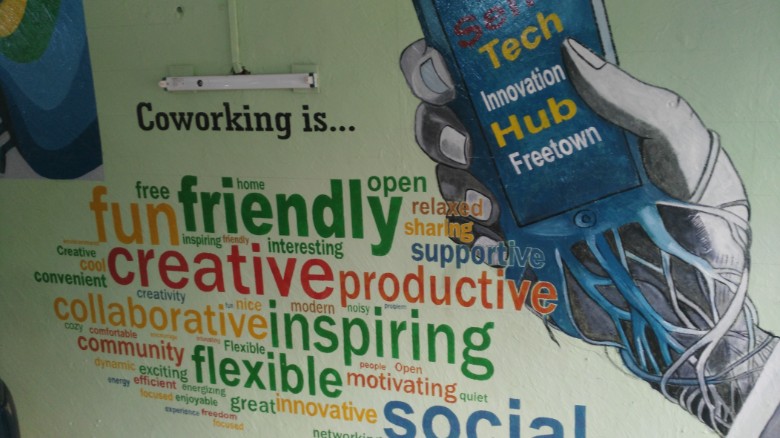submitted by George Hurlburt

The new Sensi Technology Innovation Hub hopes to help the country rebuild after its Ebola crisis
cnn.com - by Peter Guest - November 7, 2015
(CNN) - Morris Marah was working in the Sierra Leonean High Commission in London when the devastating Ebola outbreak struck his country last year.
Desperate to help, he went home; first to volunteer in a community health center, then by applying his technology skills to build an SMS-based platform that disseminated weekly information and advice on how to avoid contracting the disease to more than 500,000 people.
"I felt, sitting in London there wasn't much I could do from that far away. I wanted desperately to come out here and see how I could be useful," he says over the phone from the capital, Freetown.
Working on that platform, called Sensi, and on other public health initiatives demonstrated how successfully technology could be leveraged for social good, and inspired him to look for ways to bring the country's small, but talented, tech community together to help restart the country's stalled economy.
(READ COMPLETE ARTICLE)
Recent Comments